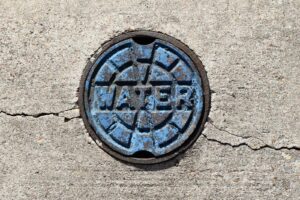Biodegradable packaging will not solve China’s plastic crisis, according to a report published by Greenpeace East Asia.
China’s biodegradable plastics industry has seen a huge growth in recent years, driven by legislation to ban several types of single-use plastics.
As of this year, 36 companies have planned or constructed new biodegradable plastic manufacturing facilities in China.
According to the report, if this rush to produce biodegradable plastics continues, China’s e-commerce industry is estimated to produce 5 million tonnes of biodegradable plastic waste per year by 2025.
The authors of the report have highlighted that the term ‘biodegradable plastic’ can be very misleading.
The majority of biodegradable plastics only degrade within six months in controlled compost facilities at temperatures as high as 50 degrees Celcius and carefully managed humidity conditions. Under typical conditions such as landfill, the biodegradable plastics can remain intact for much longer than six months.
Based on this report, Greenpeace East Asia has urged Chinese corporations and the government to create a clear plan to reduce overall plastic use, prioritise the development of reusable packaging systems, and ensure that producers are financially responsible for the waste that they create.
Dr Molly Zhongnan Jia, Greenpeace East Asia plastics researcher said: ‘Switching from one type of plastic to another cannot solve the plastics pollution crisis that we’re facing.
‘Many biodegradable plastics require specific temperature and humidity conditions to break down, which are not found in nature. In the absence of controlled composting facilities, most biodegradable plastics end up in landfills, or worse, in rivers and the ocean.
‘This ‘biodegradables rush has to stop, we need to take a cautious look at the effect and potential risks of mainstreaming these materials, and make sure we invest in solutions that actually reduce plastic waste. Reusable packaging systems and a reduction in overall plastic use are much more promising strategies to keep plastic out of landfills and the environment.’
Photo Credit – Pixabay
















